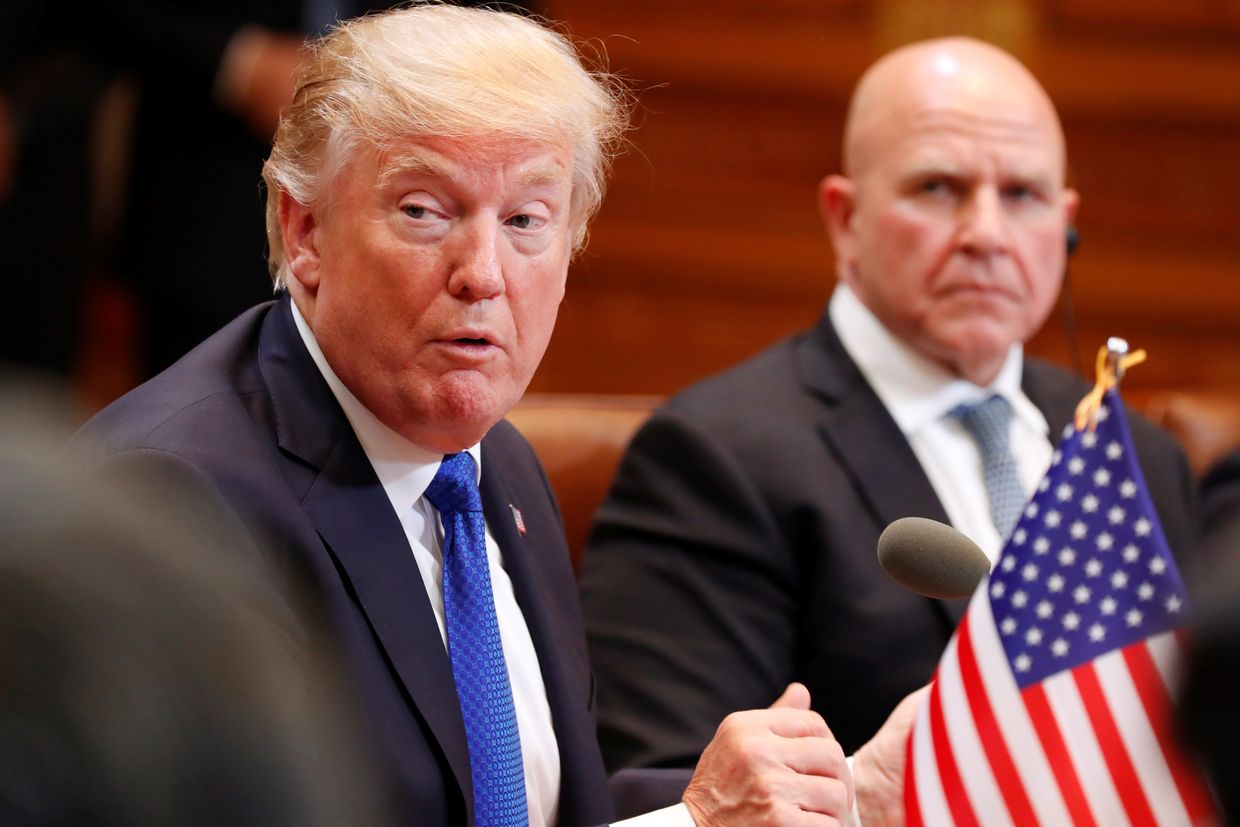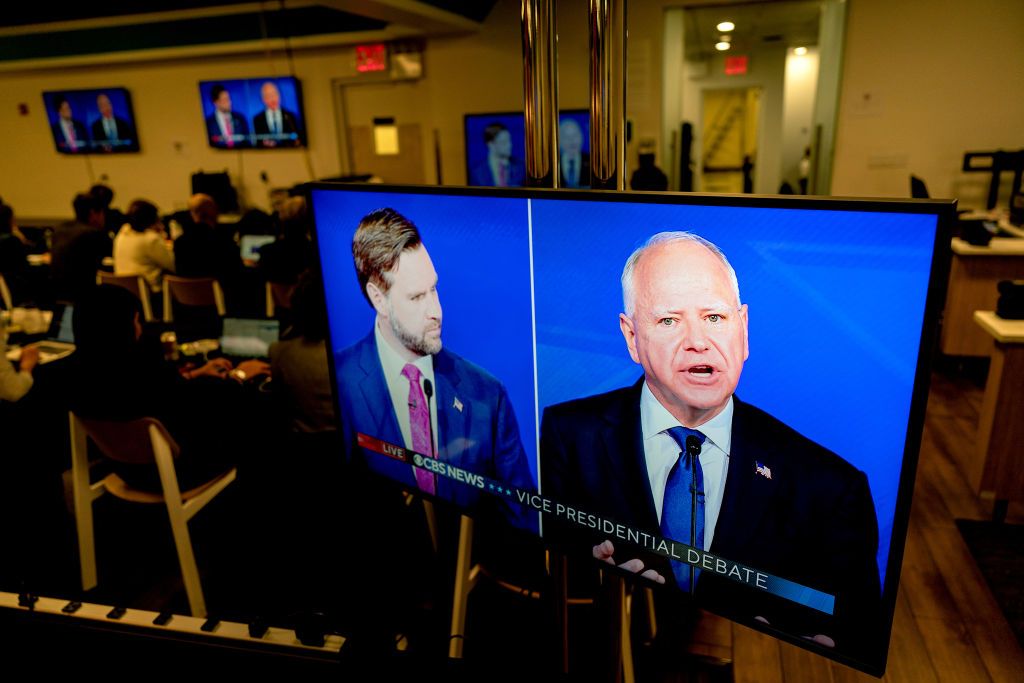The U.S. vice presidential debate on Oct. 1 between Republican Senator J.D. Vance and Democratic Governor Tim Walz touched on a variety of domestic issues, and some foreign policy, but did not include a single question — or comments from either candidate — on Russia's full-scale war on Ukraine.
Vance, who was selected as Republican presidential nominee Donald Trump's running mate in July, has been outspoken about his opposition to U.S. aid for Ukraine. He has repeatedly said that he "doesn't care about Ukraine," including just days after the beginning of Russia's full-scale invasion.
There was speculation that the debate could be an opportunity for Walz to hammer Vance on his isolationist views and his recent controversial comments about a proposed peace plan in Ukraine.
In September, Vance said in an interview that Trump's potential plan to end the war could include the establishment of a special demilitarized zone between Ukraine and Russia. Ukraine would retain its sovereignty, but at the same time it would have to give guarantees to Russia that it would not join NATO or any other allied institutions, Vance added.
Later in the month, President Volodymyr Zelensky characterized Vance's views on the war as being "too radical" and said that he did not "consider this concept of his, a plan, in any formal sense."
Alexander Vindman, the former director for European Affairs for the U.S. National Security Council, told the Kyiv Independent ahead of the debate that the showdown was "important" because it would allow Walz to "punch holes into Vance's worldview."
But besides the first question, which was focused on the ongoing multifaceted conflict in the Middle East, the moderators instead opted to ask questions about abortion, the economy, childcare, and other pocketbook issues.
Ukraine was not mentioned at all, and Russia was referenced only once — in a passing comment from Vance about Russian interference into the 2016 U.S. presidential election.
Former Republican Congressman Adam Kinzinger, a vocal critic of Trump and Vance and an outspoken supporter of U.S. aid for Ukraine, said the failure of the moderators to ask a question about the war was "unreal."
"The most important foreign policy issue in front of us, and they ignored it," Kinzinger wrote on X.
Joe Walsh, another former Republican congressman who has since broken with the party, was similarly incredulous.
"How could the moderators NOT ask a question about Ukraine? How is that possible?" he wrote on X.
In the debate between Vice President Kamala Harris and Trump in September, Ukraine was the focus of one of the main foreign policy debates.
Harris hit Trump on his repeated pledge that he would end the war in 24 hours and accused the former president of planning to "give up" Ukraine.
"That's not who we are as Americans," Harris added.
With the apparent gap between the policies on Ukraine between the two tickets, commentators on CNN were puzzled that Vance and Walz were not asked any questions about the largest land war in Europe since World War II.
Polls of U.S. voters since February 2022 have indicated an increasingly partisan divide over support for Ukraine, with Democrats broadly being more in favor of continuing aid, while Republicans are more broadly opposed.
A Quinnipiac University poll in August found that 85% of likely voters believed that the war was an important factor to consider when choosing who to vote for.
But respondents were split on whom they thought would handle the war better, with 49% choosing Trump and 47% choosing Harris.














